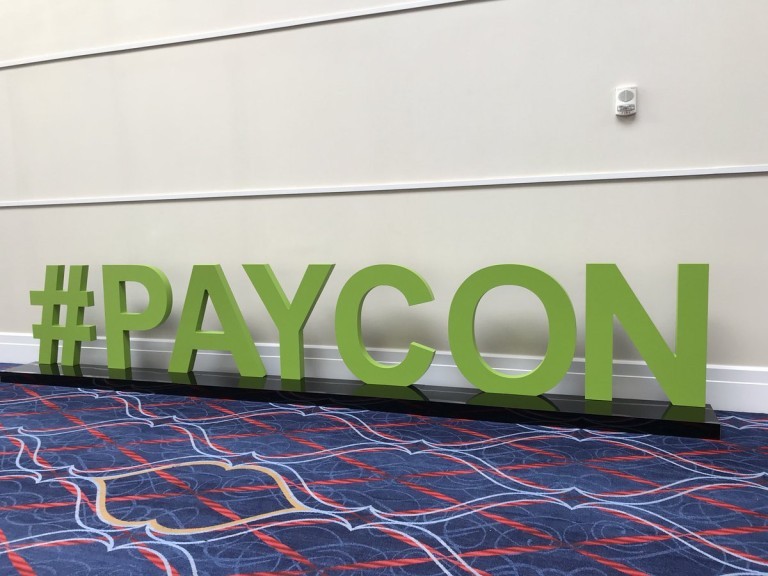- Payroll
- Article
- 6 min. Read
- Last Updated: 05/22/2018
The Importance of Payroll in Child Support Enforcement

Table of Contents
Child support garnishments can be a source of stress for payroll professionals as well as employees, but the collection and disbursement of the funds can have a life-changing impact on the families that need them – 15.6 million children were served in 2016 when the most recent statistics were released.
While garnishing wages is the job of the payroll department, getting that money to the families is the job of the Office of Child Support Enforcement. Its commissioner, Scott Lekan, spoke about the office and its vital partnership with payroll at the 2018 American Payroll Association (APA) Congress in Washington, D.C.
Years ago, people who owed child support needed to physically go to a specific location in order to make their child support payments. But now thanks to payroll processing, that money has been much easier to collect. In 2017, $32.4 billion was collected on behalf of child support clients, of which 95 percent went directly to the families. The remaining 5 percent is used to offset costs. This makes the Office of Child Support Enforcement the most cost-effective program in the federal government, according to Lekan.
Of the funds collected, $24.4 billion, or more than 75 percent, was collected from garnishments in partnership with payroll professionals. The office also received 67,458,725 new-hire reports from businesses that were sent to state and county agencies so that payroll could start collecting child support payments.
Even with these outsized statistics, the Office of Child Support Enforcement is looking to process payments faster. While 66.5 percent of all transactions now go through electronic funds transfer (EFT), Lekan reinforced to the audience of payroll professionals that, “If you’re not on electronic income withholding orders – get on it. Electronic is the way to go.” Engaging electronically through the office’s portal allows payroll departments to do lump sum reporting and multi-state registry, so income orders get where they need to go.
The office has created a strategic plan on how to even better leverage the dollars in their care. Payroll professionals and payroll providers are an integral part of that strategy and will continue to improve the office’s ability to help American families. As Lekan put it, “We don’t know everything. Payroll professionals can help us do it better, so we can better serve everyone.”
Tags







